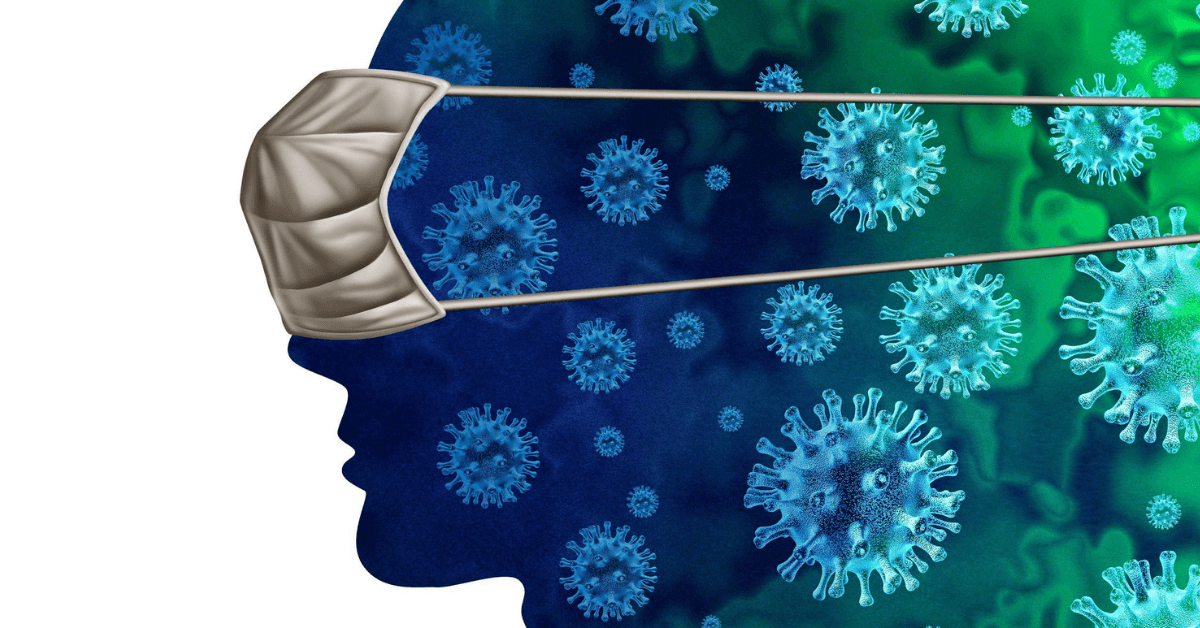November 18, 2020

On The Verge of A Vaccine: How to Encourage Wide Acceptance
The world is on the verge of available COVID-19 vaccines. How can we encourage people to take a vaccine, and why is this question even a consideration?
An answer may be “science denial”—the result of low science literacy—which is a thesis proposed in a Nov. 2020 JAMA article regarding brain mechanisms “that form and maintain false beliefs.” [1] The range of proficiency with science varies markedly, as documented in the 2015 National Assessment of Educational Progress exam taken by 11,000 high school seniors. [2] Only 22% were “proficient” in science and 40% were “below basic knowledge.” The denial problem is a major threat to individual health and community well-being.
Despite science denial, successful examples of appropriate vaccine acceptance exist in the past. The world demonstrated remarkable success controlling polio.
Some readers might remember lining up at school to receive a sugar cube laced with polio vaccine. But any crippled limbs from polio are 70+ years old, and iron lungs are long gone. Seeing actual polio survivors in iron lungs and hidden photos of President Franklin Roosevelt, as I did when I started medical training in the early 1970s, drove home the point that vaccines prevent devastating diseases to me. Yet even when Salk and shortly thereafter Sabin refined polio vaccine, controversy existed. [3]
Anti-science exists on multiple levels. First is the rejection of the scientific method that includes proposed hypotheses, data collections, objective observations, logical inferences, and rational conclusions. Application of the scientific method has created genuine knowledge about the world, moving civilization forward on many fronts.
Second is the objection to the continually evolving base of knowledge from which theories emerge. Medical knowledge is doubling every 73 days, a rate that is almost unfathomable. Theories grow and change as new information becomes available, with the treatment of COVID as a perfect example.
Third is the misunderstanding that science is precise like mathematics, when it actually contains nuances. The positive measured effect of mask-wearing is one such subtlety, with its effects on the wearer and those around the wearer.
Why Don’t People Trust Science?
Each person’s relationship with science is typically more complex and nuanced than pro or anti science. [4] As an individual, trusting science is worthwhile for health, well-being, comfort, convenience, entertainment, and a myriad of other benefits now taken for granted. Few would consider giving up indoor temperature control, modern transportation, bountiful food supply, and protective clothing.
A 2015 Pew Research Center poll reported that 79% of people say science has “made life easier.” [5] People do trust science. Public trust in healthcare was also reported at 79%; 62% trusted the environment, and 61% trusted U.S. food. Somewhat reassuringly, that study indicated 88% of participants believed the benefits of vaccination outweigh the risks. Pre-COVID.
Four main explanations support the existence of both beneficial and malevolent biases regarding science.
- Confirmational bias, also known as motivated reasoning, is the search for information to support pre-existing convictions. Finding this information fulfills a desire to be like those around us.
- When acknowledged experts present conflicting ideas, that conflict creates public distrust. The nature of scientific inquiry does create reasonable differences of opinion. But people may not understand that these disagreements ultimately lead to better, more accurate outcomes.
- Pre-existing prejudices among the public interfere with acceptance of new rational solutions. This “solution aversion” can be deep-seated in the personality of an individual or in the culture of a community.
- Avoidance of relevant facts that challenge beliefs clouds judgment. Changing the argument, converting facts to emotions, and transforming rational to irrational ideas are all examples of not getting to the truth. Selective emphasis on confirming facts and theories tends to widen a split among opposing points of view.
With regard to decreasing the threat of COVID-19, resistance to change in prejudices persists. However, recognizing and addressing these four biases will facilitate the imperative of getting to “yes,” namely having most everyone comfortable being vaccinated.
Overcoming Distrust
Six rational principles outlined in a recent NEJM Perspective intend to reassure and overcome pre-existing prejudices towards vaccination in the public. [6]
- Public health measures attempted so far haven’t controlled COVID, because of noncompliance not science, thus the need for a vaccine.
- Transparent communication of vaccine safety and efficacy
- Adequate supply of effective vaccine
- Push for voluntary participation, with mandates as a last resort
- A trustworthy advisory committee on immunization practices communicates benefits.
- Proof that systems for distribution, real-time surveillance for side-effects, and compensation for workers required to be vaccinated are in effect.
Thus far, the nation’s response to the pandemic has not been exemplary. With the availability of efficacious vaccines, science denial or pre-existing prejudices should not hamstring the opportunity to prevent further morbidity and mortality for America and the world. Reliving the recent ineffective response continues the harm. Moving forward sensitively with fresh information will change the course of the pandemic, and ultimately society.
“There are decades where nothing happens, and there are weeks where decades happen,” stated Lenin.
Quick and successful deployment of effective vaccines, to a population comfortable with the science, will ameliorate a decade of misery in a period of months.
Sources
- “Science Denial and COVID Conspiracy Theories,” by Bruce Miller, JAMA, November 2020
- “National Achievement Level Results for Science,” by the Nation’s Report Card, 2019
- “Our History: Sabin and Salk Competed for Safest Polio Vaccine,” by Jeff Suess, Cincinnati Enquire
- “Who Are You Calling Anti-Science,” by Troy Campbell and Lauren Griffin, Scientific American, April 2017
- “Public and Scientists’ Views on Science and Society,” by Pew Research Center, January 2015
- “Ensuring Uptake of Vaccines against SARS-CoV-2,” by Michelle Mello, Ross Silverman, and Saad Omer, NEJM, June 2020





